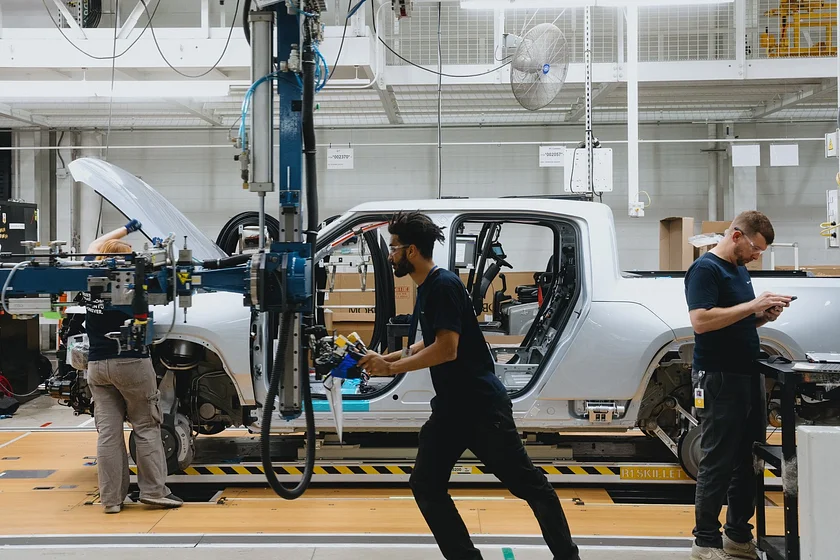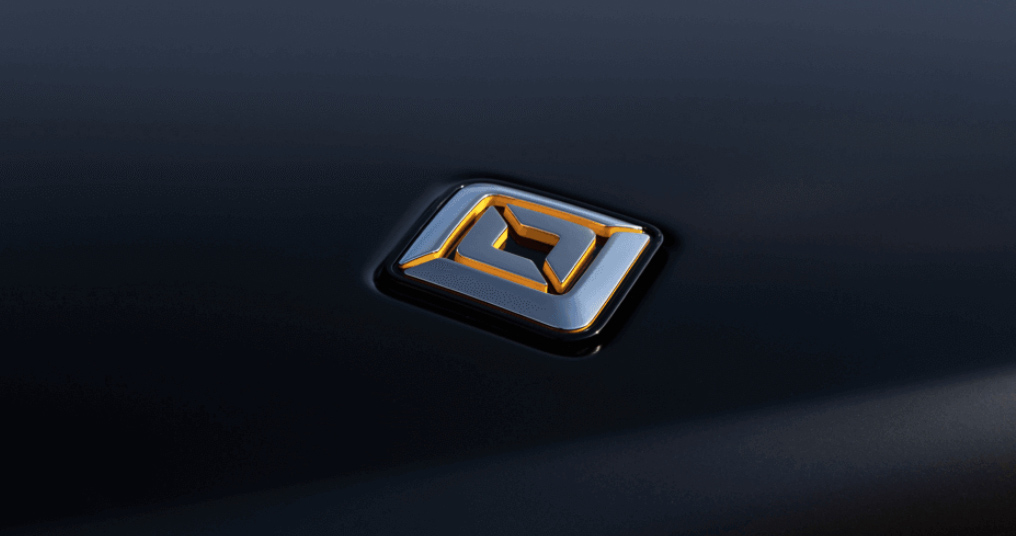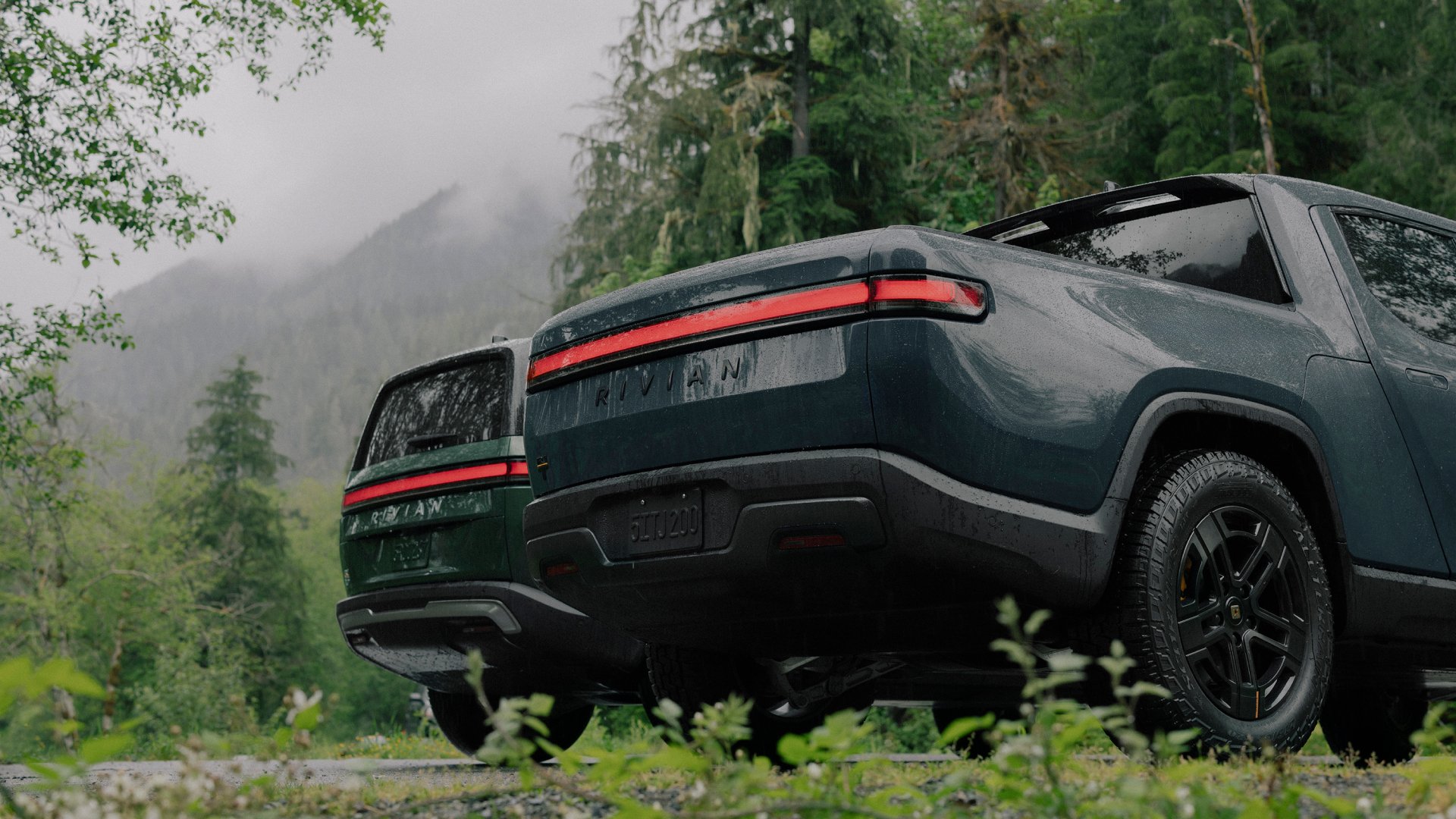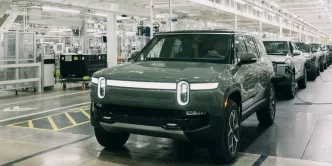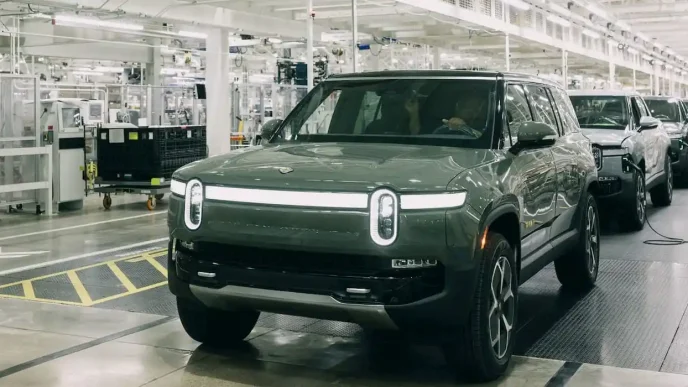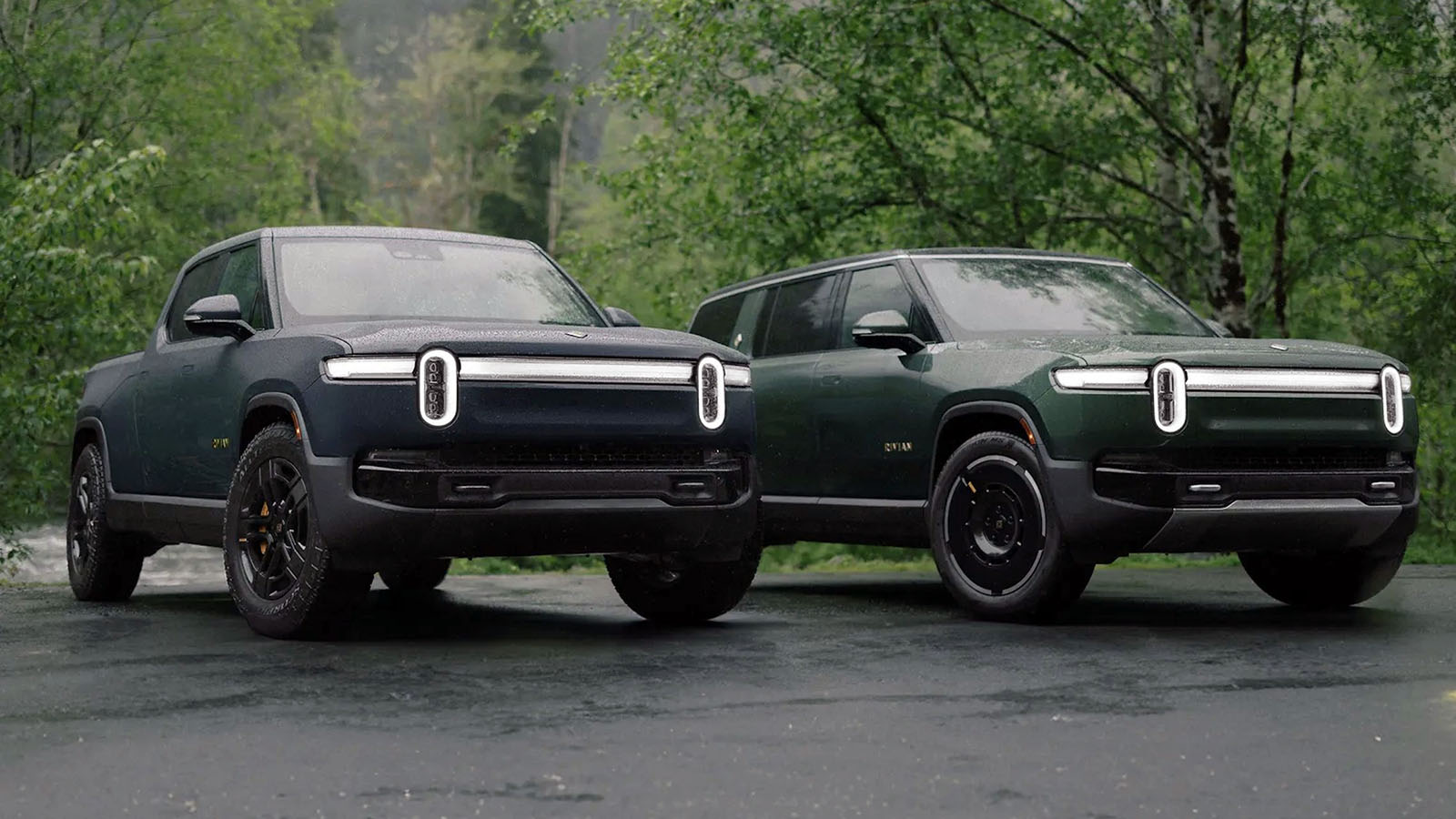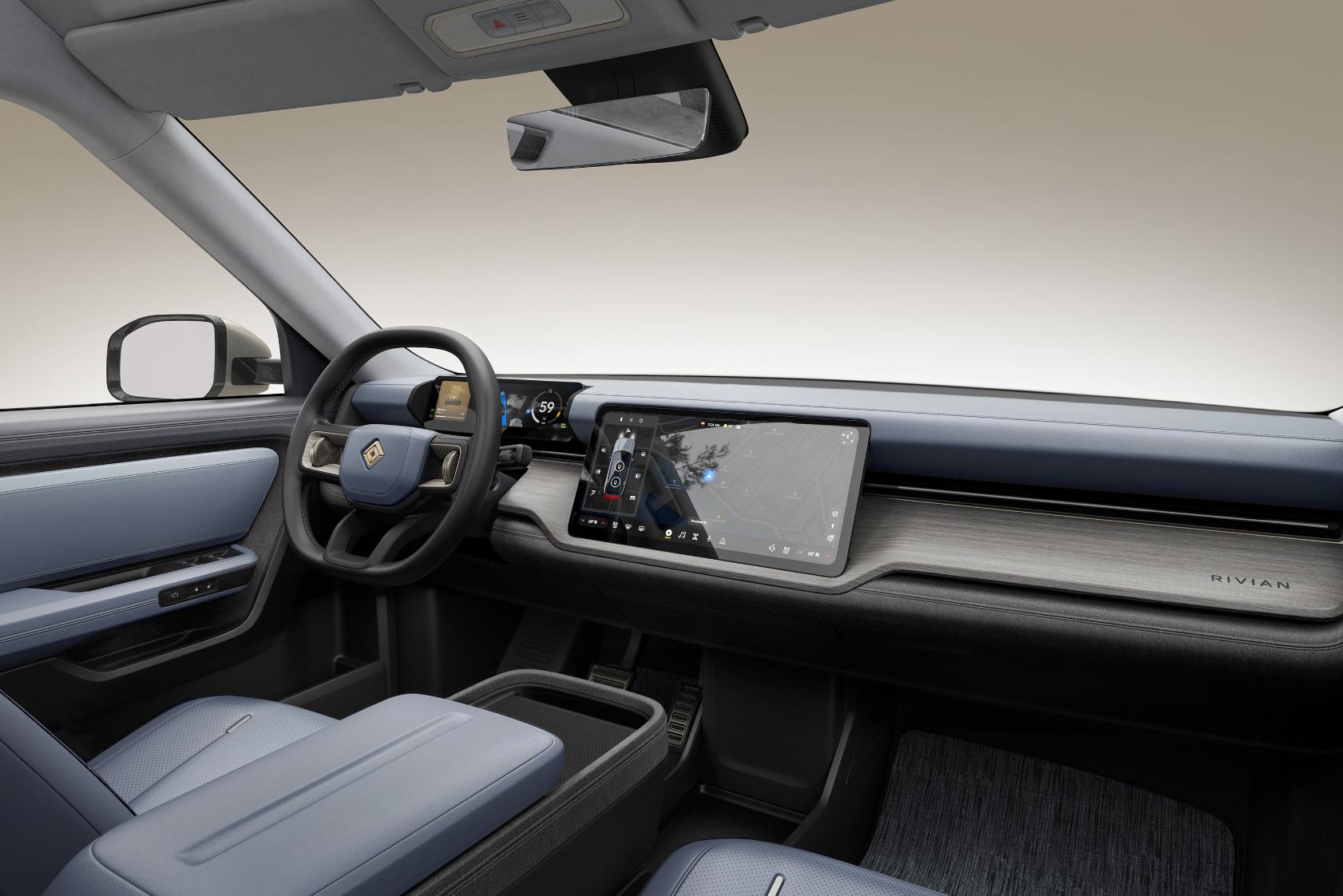Rivian announced on Friday a significant reduction in its full-year production forecast, revising it down to between 47,000 and 49,000 vehicles from a prior estimate of 57,000. This cut, attributed to a parts shortage and a general slowdown in electric vehicle (EV) demand, resulted in nearly a 9% decline in the company’s shares.
The parts shortage, affecting the R1 SUV, R1T pickups, and delivery vans, began in the third quarter and has intensified in recent weeks. Rivian has not disclosed the specific part or supplier involved in the shortage, which has raised concerns regarding its production capabilities.
The broader EV market is facing challenges, with rising interest rates pushing consumers toward more affordable hybrid vehicles. Rivian’s production woes come on the heels of Tesla also missing quarterly delivery expectations earlier this week.
Garrett Nelson, a senior equity analyst at CFRA Research, commented, “The cut to its production guidance was substantial and is likely to raise a variety of questions surrounding Rivian’s ability to turn the corner towards generating a gross profit.” The company has stated its intention to achieve its first profit in the last quarter of the year. To support this goal, Rivian previously closed its sole manufacturing facility in Normal, Illinois, for three weeks to streamline manufacturing processes and reduce production costs.
With the demand slowdown affecting its plans, Rivian is focused on cutting costs while ramping up production of its R1 models and preparing to launch its smaller R2 models by 2026. In the quarter ending September 30, Rivian delivered 10,018 vehicles, falling short of analysts’ expectations of 12,078, based on a poll by Visible Alpha. However, the company maintained its annual delivery forecast of 50,500 to 52,000 vehicles, while analysts had anticipated 53,491 deliveries.

